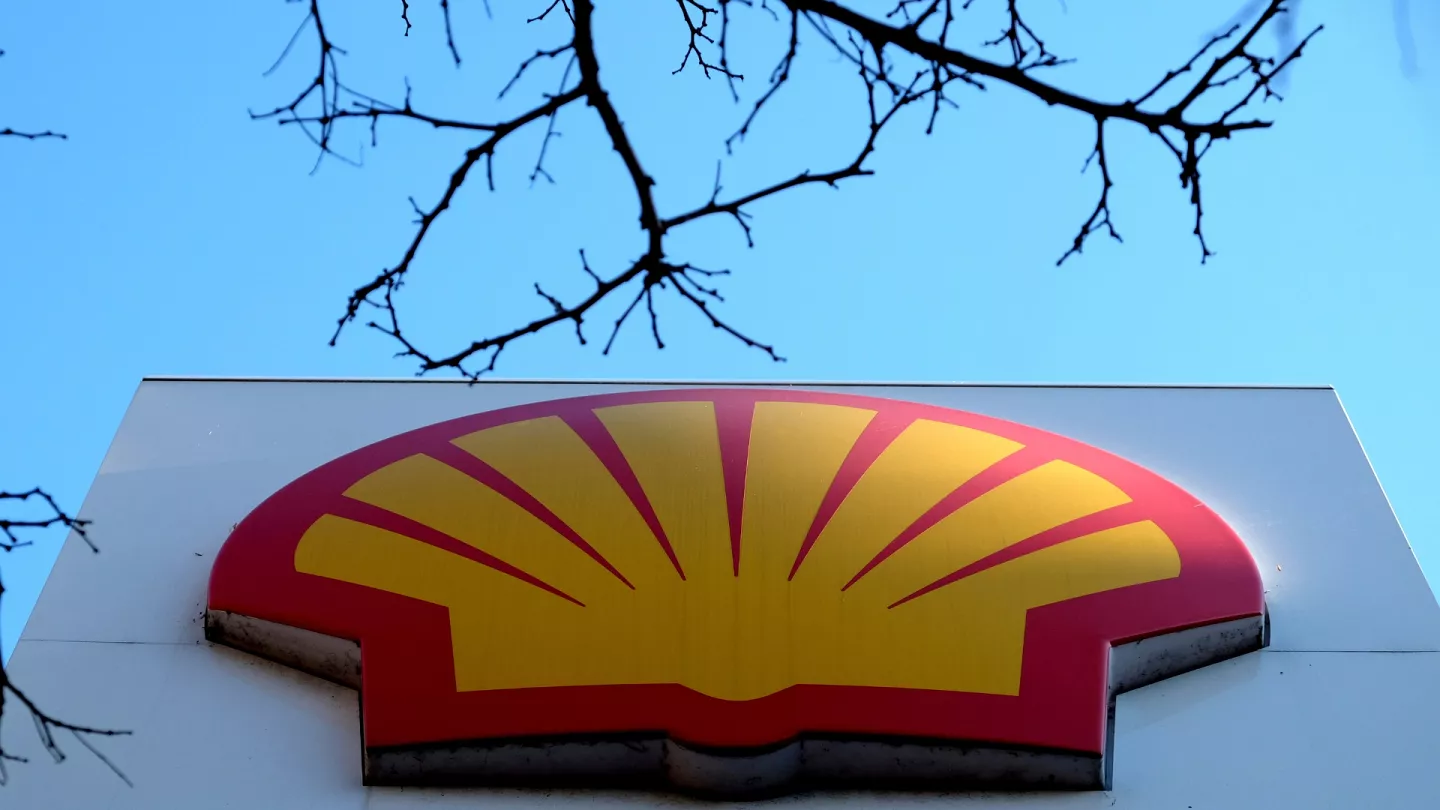
British oil major Shell announced on Wednesday it has officially cancelled plans to complete one of Europe’s largest biofuel facilities in the Netherlands, as the company pivots its strategy back toward traditional fossil fuels.
The Rotterdam-based plant, initially launched in 2021, was designed to produce sustainable aviation fuel (SAF) and low-emission diesel from waste materials such as used cooking oil and animal fat. Construction was put on hold in 2023 due to deteriorating market conditions and now, Shell says the project is permanently shelved.
“After reviewing market trends and the rising costs needed to bring the facility online, we concluded it would not be commercially viable,” said Machteld de Haan, Shell’s President of Downstream, Renewables and Energy Solutions.
The facility was projected to play a key role in helping Europe meet legally binding climate targets, particularly in the aviation sector, where new EU regulations require airlines to increase the use of SAF over the coming years.
More than 50 percent of the plant’s capacity was intended for SAF production, a lower-carbon alternative to conventional jet fuel, but airlines have long argued that supply is limited and prices remain high.
Shell’s decision to scrap the project underscores a broader trend in the energy industry, as major players like Shell and BP have increasingly scaled back green investments in favor of more profitable oil and gas operations. That strategic shift has drawn sharp criticism from environmental groups, who accuse the industry of abandoning its climate pledges.
Shell had already warned investors last year that halting the Rotterdam project had contributed to a major second-quarter write-down on its balance sheet.
The cancellation is likely to further complicate the EU’s climate roadmap, as the aviation sector scrambles to source affordable SAF to comply with tightening regulations.



